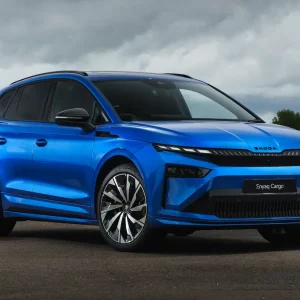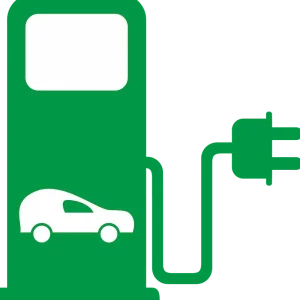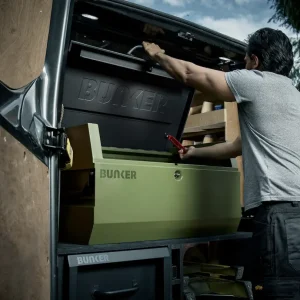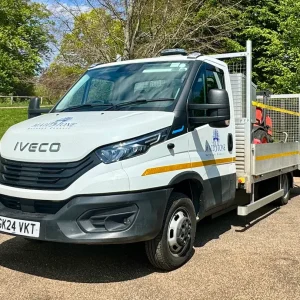The AA thinks it could be operating electric patrol vans within around five years, as technology improves to meet its fleet requirements.
President Edmund King made the comments at an online event held to discuss the AA’s freewheeling hub, a new device it has introduced to aid with the recovery of electric and four-wheel drive vehicles.
King was asked why the AA did not have electric patrol vans currently, and he said they were not currently able to meet the organisation’s spec requirements – but added that he was hopeful of this changing soon.
He said: “Currently there isn’t a vehicle on the market that would cover all the needs we have. It would need to have a gross vehicle rate of 3,500kg, and the crucial point, it would need to have a towing capacity of about two tonnes.
“The van market is getting better all the time – we see the Maxus eDeliver 9 has just come on the market, but even that with the towing capacity it would need to be an HGV driver, so we aren’t quite there yet.
“But we are fairly optimistic – I would say probably within five years or so, we hope we can transform our patrols onto EVs. It’s not for want of trying, just that particular vehicle isn’t quite there yet, but hopefully it will be soon.”
The AA’s freewheeling hub has been developed to solve the problem of broken-down EVs and four-wheel drive vehicles not being able to be towed on two wheels, meaning they had to be recovered using a flatbed truck, rather than just towed behind a van.
It features a high-speed bearing which allows the wheel, once fitted to the vehicle being recovered, to turn independently of that vehicle’s drivetrain.
The freewheeling hub was first introduced to a pilot group of 100 AA patrols in January 2020, before the trial was expanded in June.
It has now been rolled out to more than 1,800 patrols, and is due to be rolled out to the entire fleets by early March.
The weight of vehicle that can be recovered with the equipment is however limited to two tonnes, due to the towing capacity of the AA’s vans.
AA chief engineer Steve Ives said: “There is a big operational benefit – we don’t need to deploy a £110,000 truck to move a vehicle, so that’s a cost saving.
“Also it has less impact on the environment, because we are not going to be burning so much fuel per job.”





